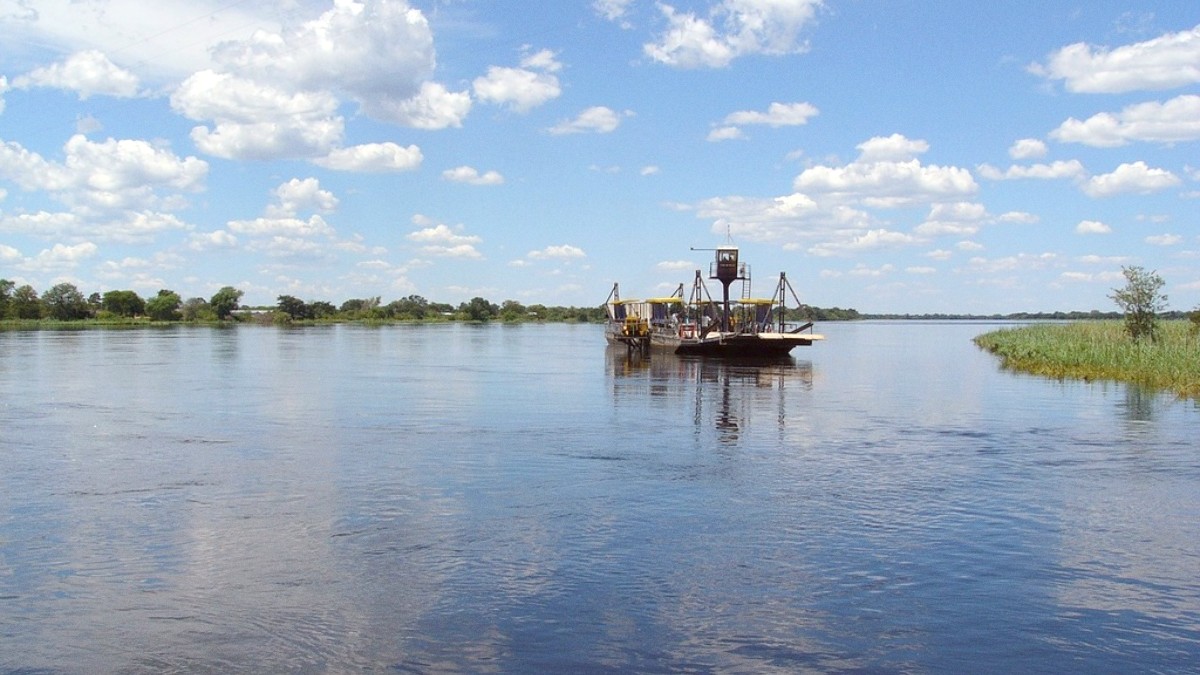
Botswana
Safari to the Okavango Delta is generally a premium experience, but smart choices manage costs.
Maximizing your time in the Delta focuses on pre-planning and efficient travel.
Tailoring your trip planning to your travel companions brings rewards.
A small Daypack or dry bag for all activities (game drives, mokoro) keeps essentials like camera, binoculars, water, hat, sunscreen, and insect repellent accessible.
Thoughtful preparation and an understanding of the environment maximize your safari enjoyment.
Dry season (May-October) presents concentrated wildlife around permanent water sources.
Early mornings and late afternoons offer prime light for photography.
Politeness and respect are highly valued when interacting with local staff.
Luggage restrictions on light aircraft are strict; pack in soft-sided bags, typically 20kg/44lbs per person.